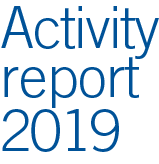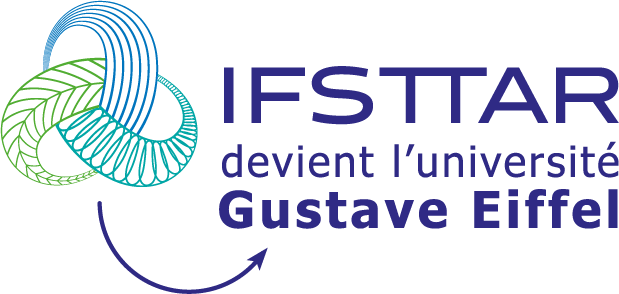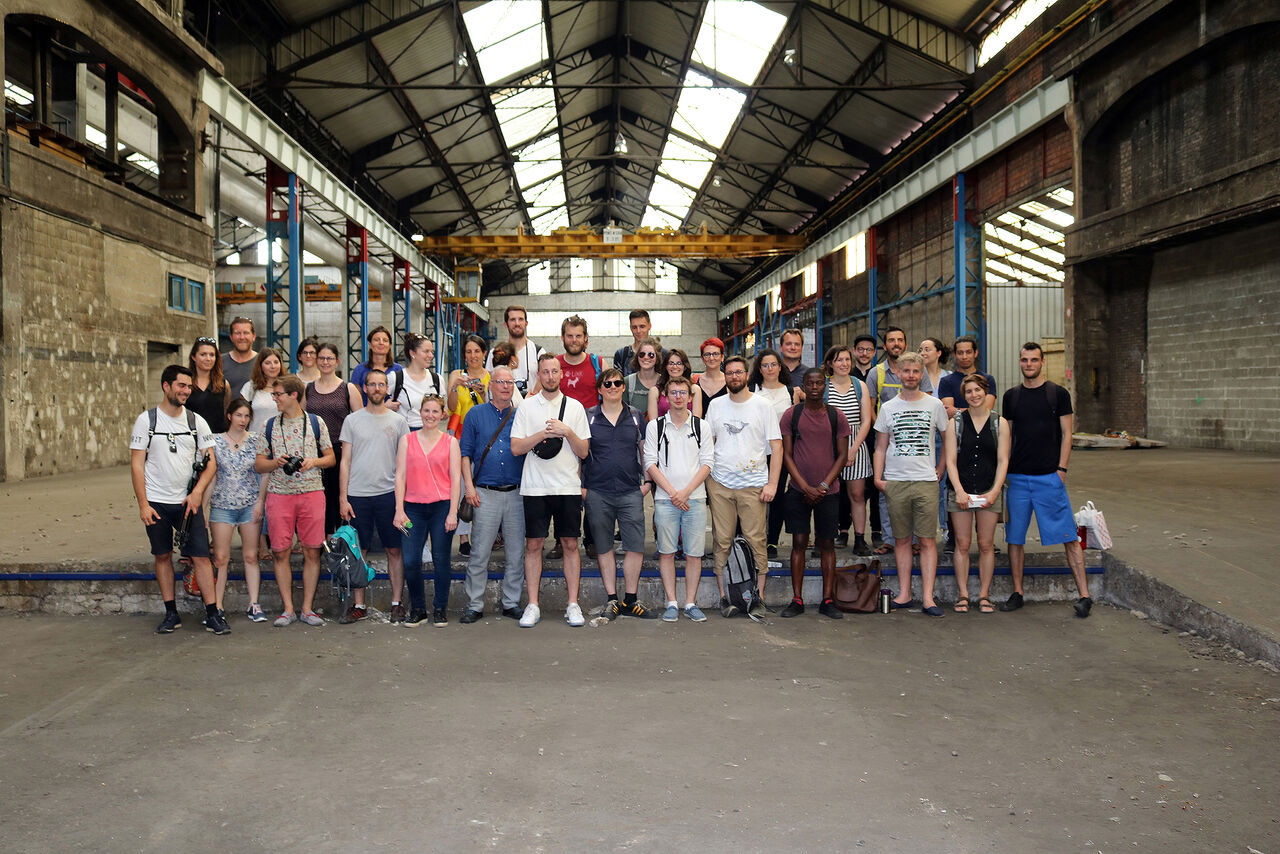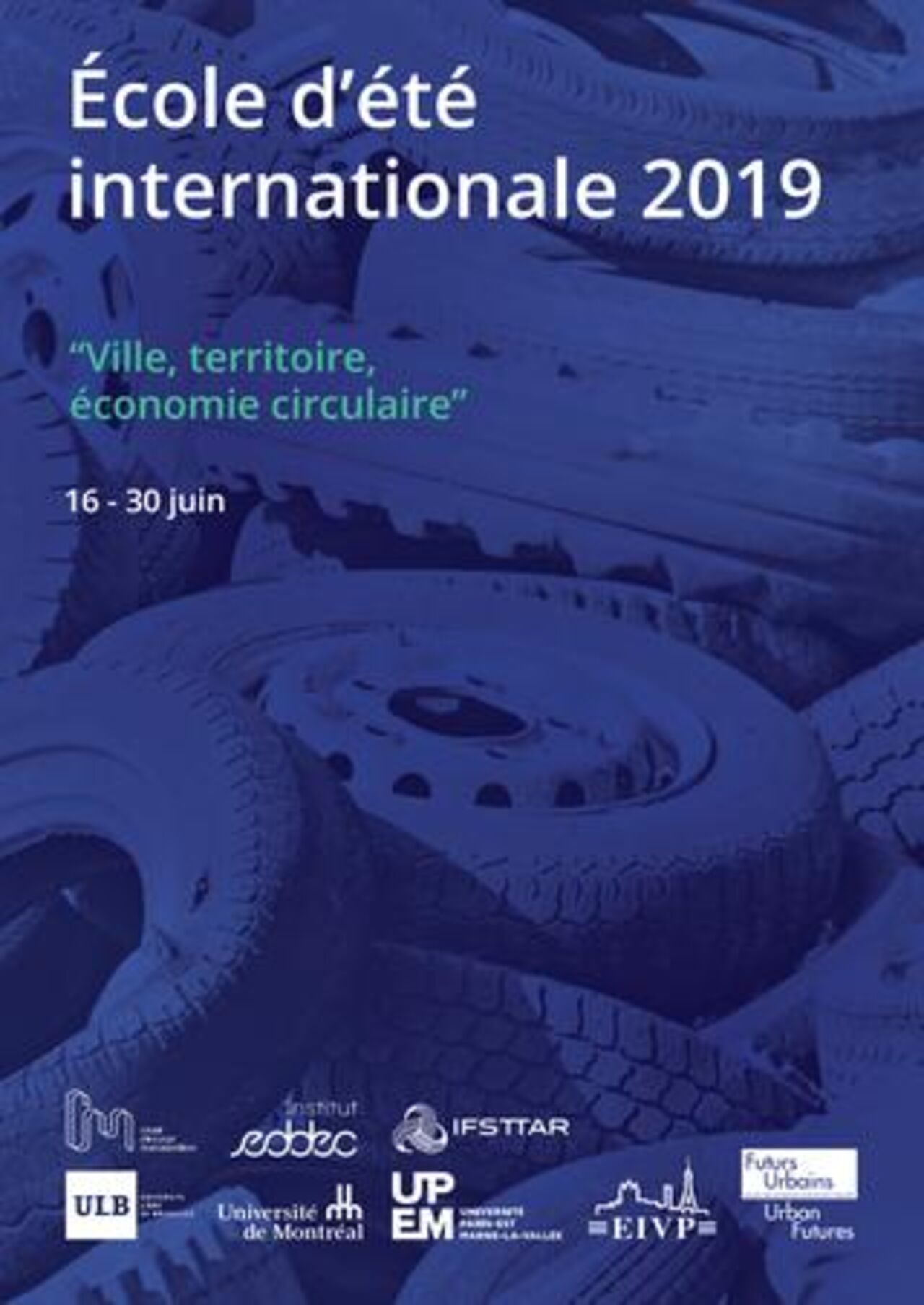Agnès Bastin, doctoral student in sociology and urban studies (Sciences Po Paris)
“A summer school on the theme of circular economy is a rare opportunity in the academic world. It allows projects to have a greater impact and see what can potentially be replicated. I liked the survey and analysis methodology we used for interviews with food chain stakeholders in Montreal. The visit to the Lavallée eco-neighbourhood site in Châtenay-Malabry was also very informative. It’s interesting to see how a large developer perceives the circular economy and incorporates the recycling and re-use of building materials into its strategy”.
Sonia Veyssière, doctoral student in economics (ADEME / Université du Littoral / IFSTTAR)
“During my visit to Montreal I was surprised to find many local stakeholders who were involved in circular economy activities, even in the absence of an institutional strategy on the topic. The workshop on Sankey diagrams and the workshop on the prospective co-design method in Montreal, the bike tour of the Brussels urban farms, making a video documentary based on our meetings, visits and discussions…The summer school encourages you to ask questions, particularly about the role of land in the circular economy”.



